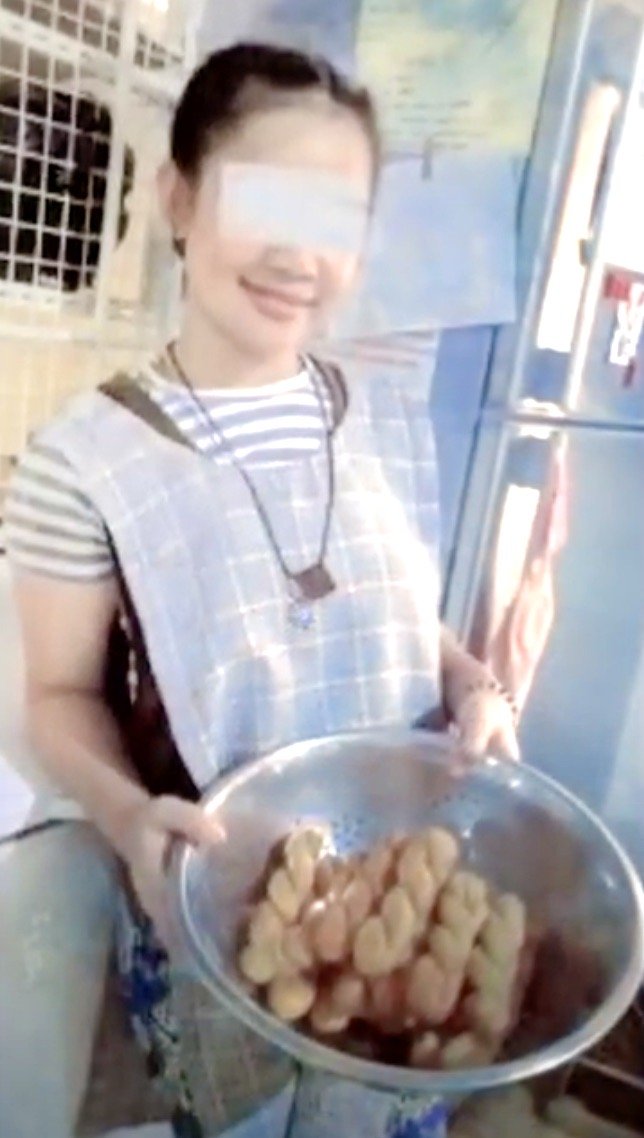Education & Rehabilitation Programs
Education
MQHM offers scholarships to women who choose to finish their formal education. To this end, we have established the MQHM Scholarship devoted to deserving and promising women to enable them to attain diplomas and certificates that allow them to pursue professional careers, if they so choose.
Livelihood Skills
Rehabilitation is key in helping our residents and former victims of prostitution who have resolved to seek an alternative livelihood. Our Center trains its teachers in premier training institutions, who in turn train our girls in the arts of cooking/catering, baking, sewing, computer skills, gardening and farming, etc. By upgrading and enhancing their skills in many different areas, these young women become valuable assets in their communities and regain pride and self-worth. Upon completing their training courses, we seek out government and private employers who may provide initial on-the-job training for long-term employment. Sports and recreational activities are regularly planned to support a well-rounded daily curriculum.
Culinary Skills
Sports & Recreation
Activities are plentiful. Zumba classes kick off each morning. Basketball or volleyball is played most days at 4 PM, with our annual Sportsfest a highlight. Field trips and birthday parties are among the favorite activities, and painting classes provide an outlet for self-expression. According to psychologists, the art program is one of the most successful therapies for emotional stress endured by most for so long.
Field Trip to the Caves
Computer Skills Training
Horticulture at the ‘Lettuce Farm’ in Bogo City
Dressmaking and Tailoring
Zumba Class
Sportsfest Team
Art activities are healing
The sense of community we provide is crucial for helping survivors of sex trafficking and sexual abuse as it surrounds the girls with peers who have shared experiences of isolation and trauma. We immediately see the comfort our environment yields; a feeling of belonging, essential for the healing process.
Monitoring After Our Girls Leave Us
Continued monitoring of every resident is a priority in assisting recovery once they leave us. MQHM designed a system in close consultation with professionals and the survivors themselves to encourage former women and children clients to keep in touch with each other and our Center for support. We periodically visit each of them to observe the impact of our Center’s services on their lives and to provide encouragement and moral support for their new direction in life. Monitoring is continued until MQHM is satisfied that the former residents have been fully integrated as productive members of society. Each of God’s children deserves our love and help.
Child Care Program
MQHM realizes that women victims of prostitution may support families and children. We provide child care on site for children who need to be with their mothers while they rehabilitate. The children enjoy pre-school education and good nutrition. MQHM also engages the services of child care professionals in the Philippines, such as child psychologists and pediatricians whenever these are needed.
They address needs of children who might also have experienced various levels of trauma and medical problems associated with prostitution. We also encourage volunteers from schools, universities, hospitals and other professionals who wish to respond to the needs of women and children in crisis situations.















